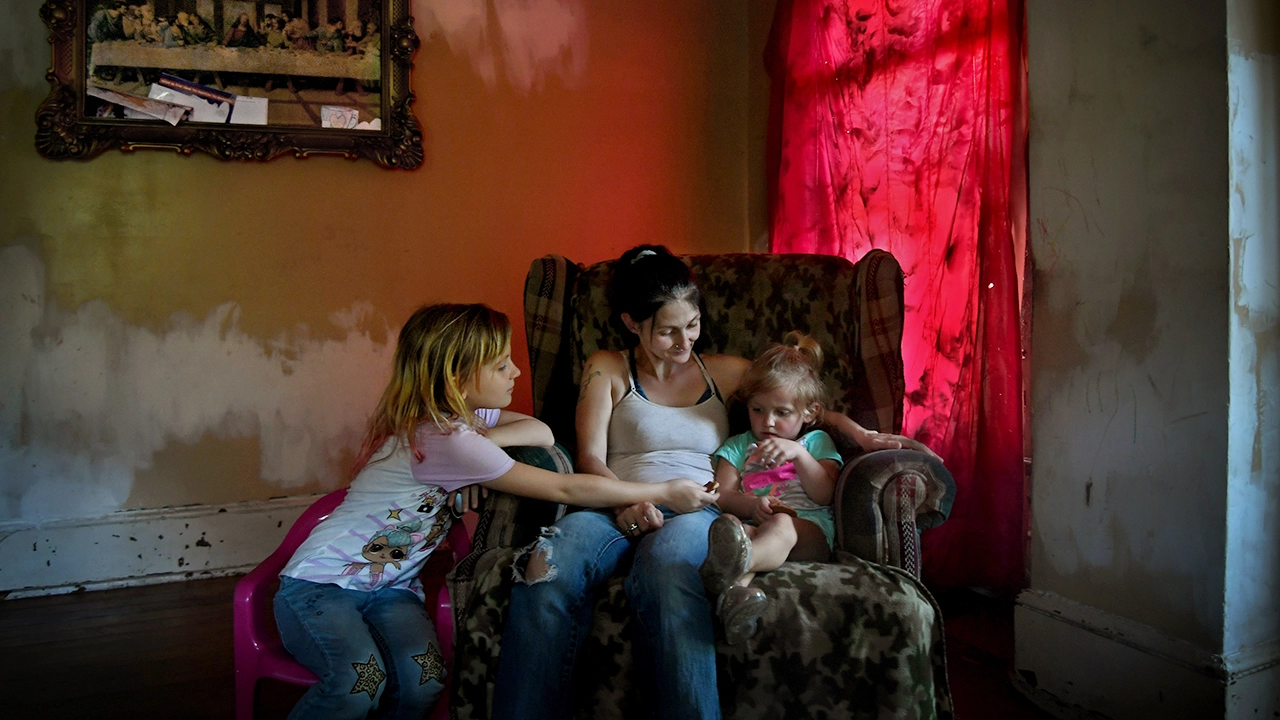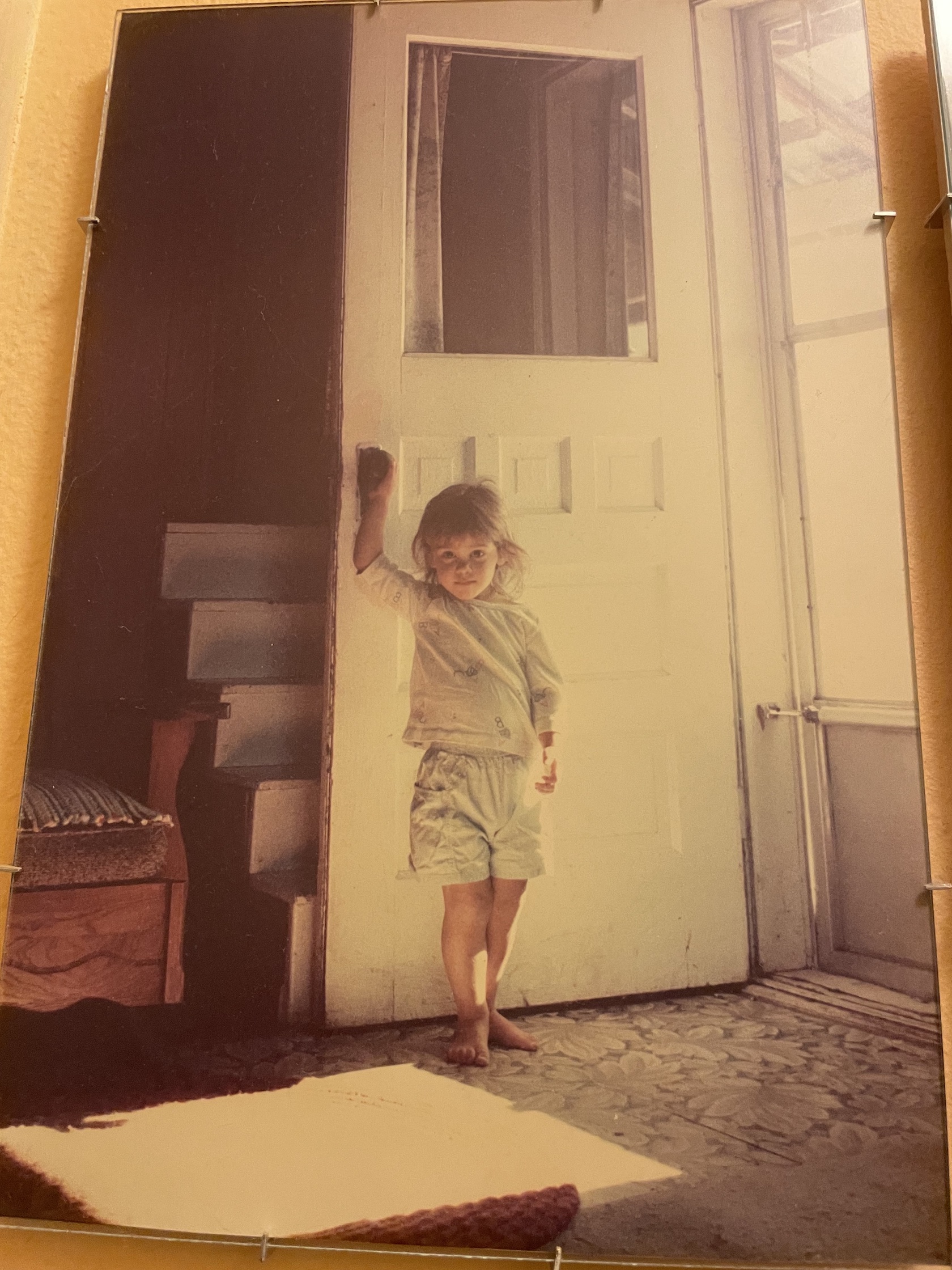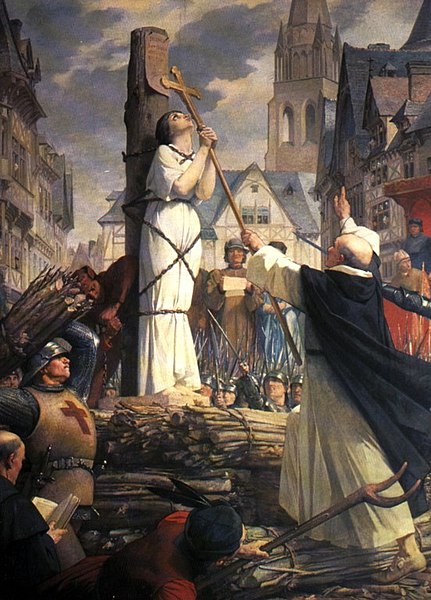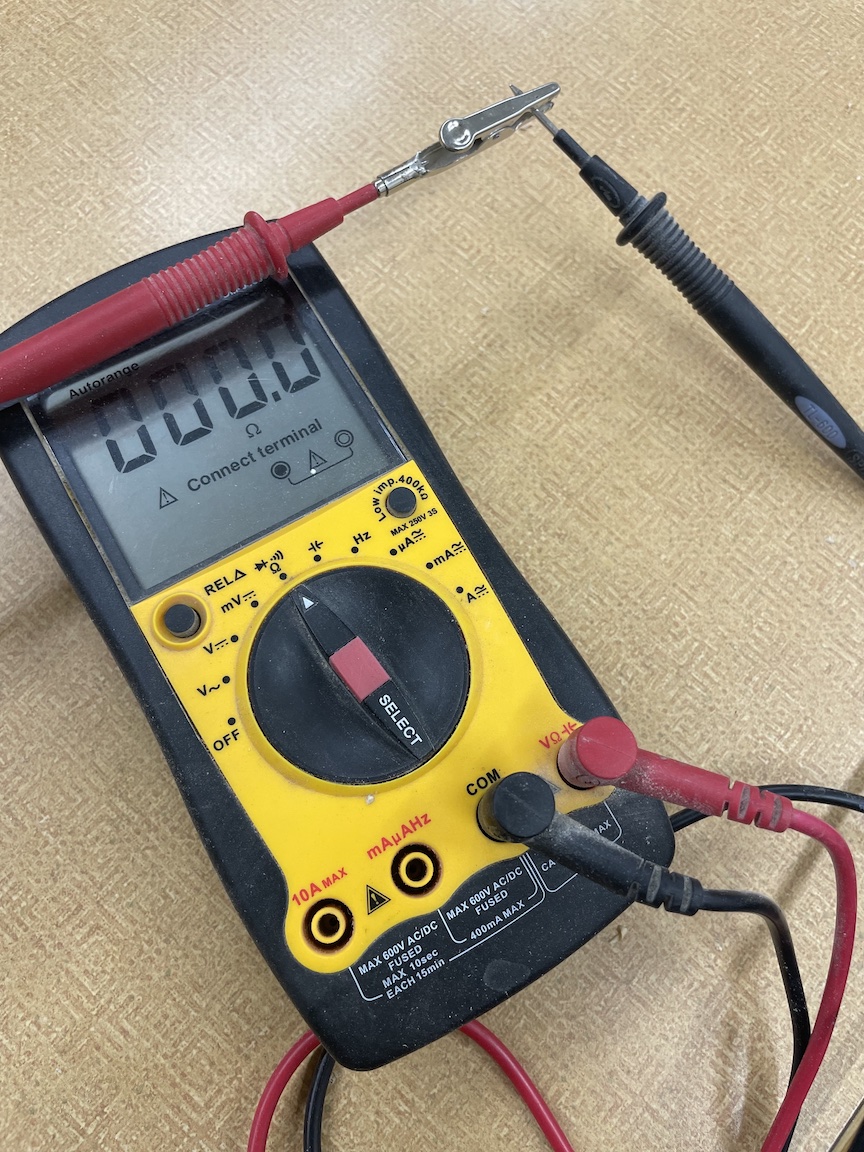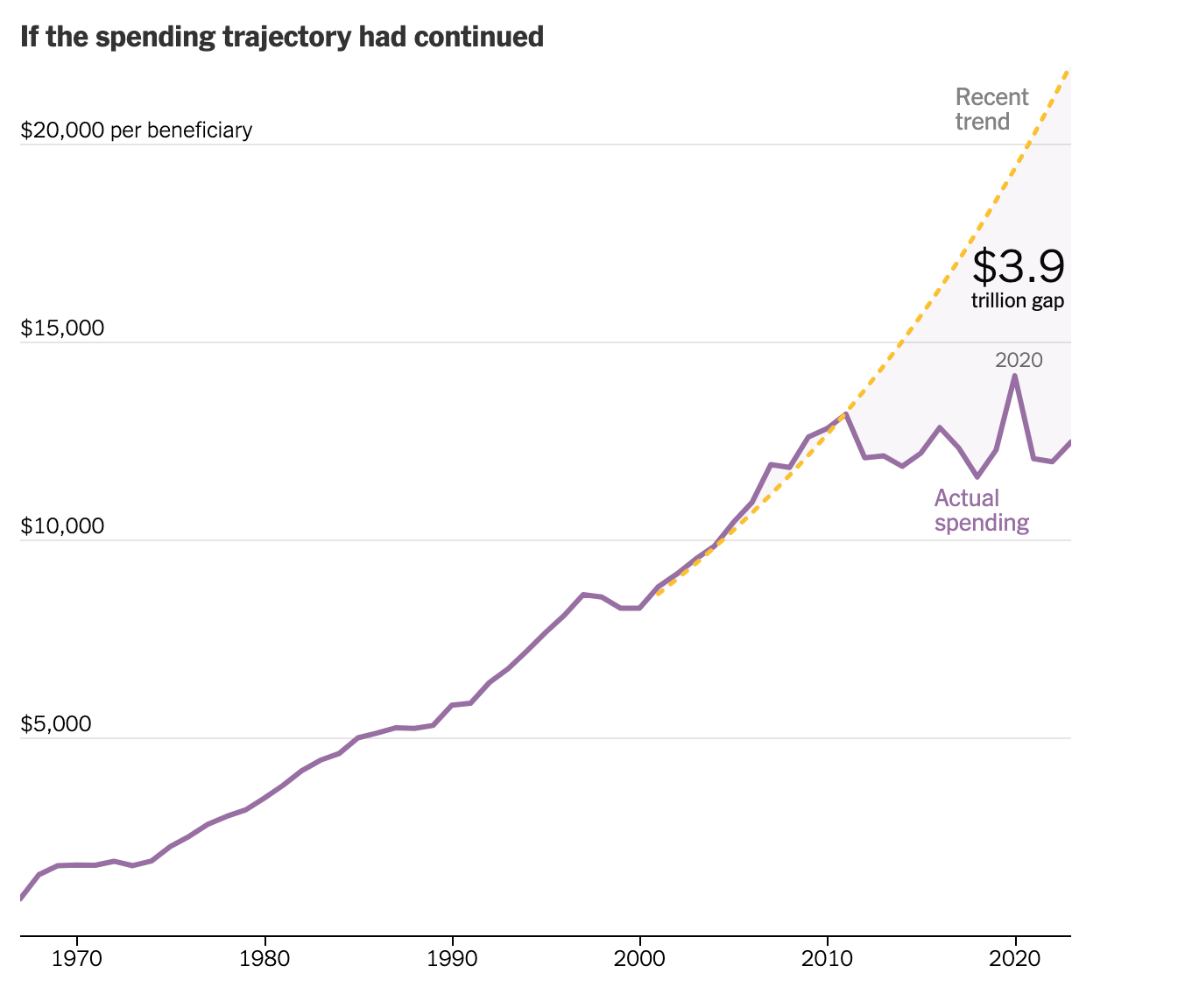This call came on a Thanksgiving holiday weekend. It might have been Friday or Saturday, probably a Friday, I think. My sister and her husband were visiting. So, it was a long time ago. She died as I turned 40, and I’m old now.
They were sleeping on the living room floor, our “guest room” since we hadn’t added on to the house yet. Our little girls were so little then. Katy, the oldest, just in third grade and Mattie not in kindergarten yet.
We’d had our dinner of turkey leftovers and were cleaning up when I got the call from the ER doctor. He was covering for this holiday weekend. I knew him well from medical school. But when you get that call from the ER it could be for an admission, since I’m covering for my group, or for me as the coroner, since I wore that hat too.
This was a coroner call. He did quite a few shifts in our small-town ER, so I had discussed coroner cases with him before. He was usually quite composed and matter of fact, but this time was different. His voice was quite soft, and he sounded a bit shaken. He was describing a five-year-old girl who had come to the ER in full cardiac arrest. They had tried to resuscitate but were unsuccessful. They’d coded her for twenty minutes but never got pulses with CPR.
She’d been brought in from the University football stadium where there had been a high school playoff game. The story from the parents was that she had been playing on some heavy welded 2” steel pipe barriers up in the concourse at halftime. They were used to block off areas, but they had bars at just the right height for kids to climb on. The barriers had square steel feet for stability. But when a kid stands on the lower bar and leans back, clutching the top bar to pull themselves up, the heavy steel barrier can fall over.
It seemed there were a lot of kids cavorting on the concourse at half time, little brothers, and sisters of the football boys in the locker room. Dad told me this story when I went into the ER. He said he had been talking with some other parents and had seen her fall. The heavy steel pipe had fallen across her abdomen as she climbed and tried to get up higher than the other kids. He said she was like that, always wanting to outshine the others, a real go getter. He’d rushed over to pick her up.
I’m in the ER now, his wife is quiet and petting the hair of the dead girl, white sheet up to her neck, face ghostly pale. I could clearly imagine the trauma of the resuscitation this little peaceful body had endured.
He has told me all this with just a few questions from me. He is calm and trying to be collected, but he, like his wife, cries too.
He describes the look of shock on his daughter’s face as she lay on the concrete concourse with the heavy bar on her tummy. He rushed over and picked up the bar. I would have been embarrassed by the loud clang, the crash. Maybe he was too. Kids can get so wound up. But he reaches down to pick her up and sees the worry in her eyes, the fear, the visceral pain. There is a question suspended between their eyes, from the child to the parent, “Am I alright?”.
He probably says the same with his eyes to her, “Are you alright?”
He picks her up from the cold concrete floor and puts her to his shoulder, comforting, maybe now speaking, “Are you okay?” He feels her head, no bump, no blood, but she cries a little, but then she quiets, and he is relieved.
I have introduced myself to these traumatized parents in this bright ER bay with pulled curtains and the white sheet over their ghostly dead little girl. The father has told me the story. I ask him to go on.
He carried her back down to where they had been sitting so they could take in the second half of big brother’s football playoff game. She had almost fallen asleep on his shoulder. After a few minutes she got very agitated. She was confused. He got alarmed at how she appeared, so he took her up, again on his shoulder, comforting, cradling, to the concourse where a first aid station was staffed with EMT volunteers. They looked her over, radioed the ambulance that was on standby for these games, and shepherded the father down to the ambulance. He handed his daughter over to them, the doors swung closed, and she died as the ambulance left the stadium.
I look at this grieving couple and their beautiful dead child. My own daughters, now asleep in their beds, could, but for so many small circumstances, be this pale corpse. And here, in my empathetic sadness, in my own grief for this stricken family, I make a mistake. It is a mistake I have remembered. It was a mistake I have learned from. It was a mistake I have vowed never to repeat.
I spoke to the father and mother softly, trying to convey empathy. Indeed, that’s what I felt, their suffering. But in trying to be kind, empathetic, I softly asked for their permission.
And that was cruel.
You need to understand that it is not polite or kind to relinquish your authority when it is in fact yours, not theirs. For I knew what must be done, and I was the person to decide, not them. I somehow twisted into my mind that asking for their permission was a kindness. That was my mistake.
I knew this death must be investigated. I knew there must be an autopsy.
But I asked, out of foolish misguided kindness, for their permission. It was not theirs to give. It is my decision to make, not theirs. That was the horrible unkindness on my part, to place them in that position.
As I was softly speaking this begging their permission, I knew it was wrong. When the mother refused, her face folding into terror of the final examination, I knew just how cruel I had been.
“No, you’re not going to cut up my little girl!”
I had to look at the floor for a while to collect myself. She was now sobbing and agitated at my suggestion.
“I apologize. It was rude for me to ask your permission. That was a mistake and I apologize. I am the coroner, and it is my duty to investigate deaths in this county. I will be ordering an autopsy to investigate your daughter’s death.”
Giving the sham of authority to someone who does not rightfully have it is not a kindness. It is cruel. I was cruel that night, trying to be kind.
My little girls were in bed when I got home. I didn’t tell much of this to my wife, my sister, or her husband. I was shaken.
Maybe that’s when I started being the “petty tyrant” in our home my wife accused me of. When I knew what my children were doing was wrong, maybe dangerous, I would bark my orders. She told me this over and over. I should be kind, use a softer tone of voice.
Maybe years later, I imagined the father, up on the concrete concourse asking his daughter not to climb on the barriers. “Please don’t, hon.” Being kind.
And maybe I became a parental martinet, barking. “Get down!” I don’t really know how this affected me. But it did.
The autopsy showed the steel bar had landed on her abdomen and crushed her liver against her spine. The soft organ was cut in half, crushed between the heavy steel bar, her spinal column, and the hard concrete floor beneath. Her abdominal cavity held most of her blood volume. She had bled to death.
Cause of Death: Exsanguination from liver laceration
Manner of Death: Accident

